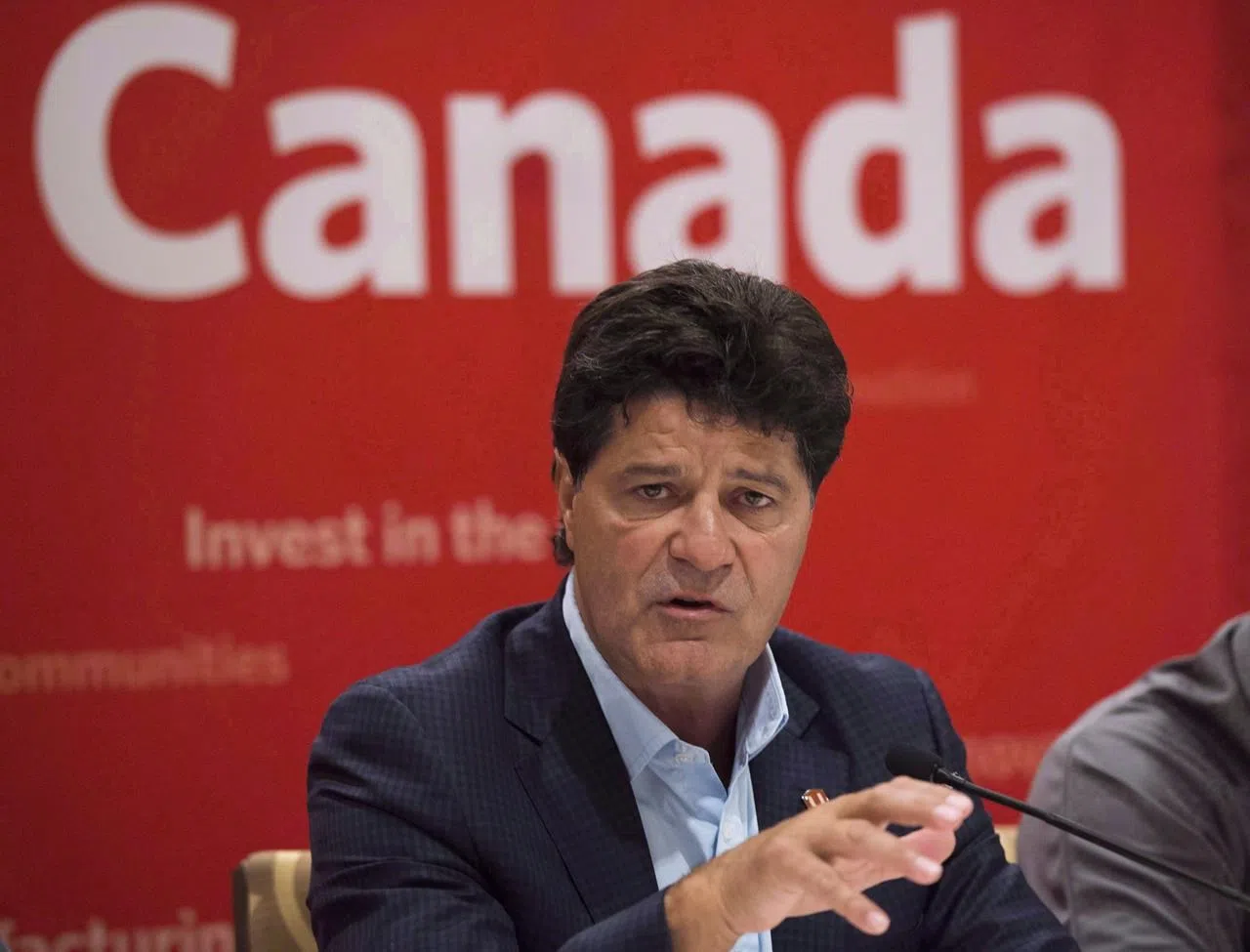
Auto sector reps criticize CEOs for pushing Canada to join new TPP
OTTAWA — Canadian auto parts companies and their unionized workers are criticizing an influential business group for urging the Liberal government to move forward quickly with a revamped Trans-Pacific Partnership.
They say Prime Minister Justin Trudeau was right to hold off on signing a renewed TPP last month at the APEC summit in Vietnam and that the government’s critics of that decision are misguided.
The presidents of the Automotive Parts Manufacturers Association and Unifor, Canada’s largest private sector union which represents auto workers, say that’s because the TPP is bad for the small and medium-sized auto parts companies and their employees.
Flavio Volpe and Jerry Dias both say the Liberals need to go slow to undo the potential damage done to their sector when the previous Conservative government agreed to concessions in the original TPP that would have given Japanese car makers an unfair advantage in the Canadian market.


